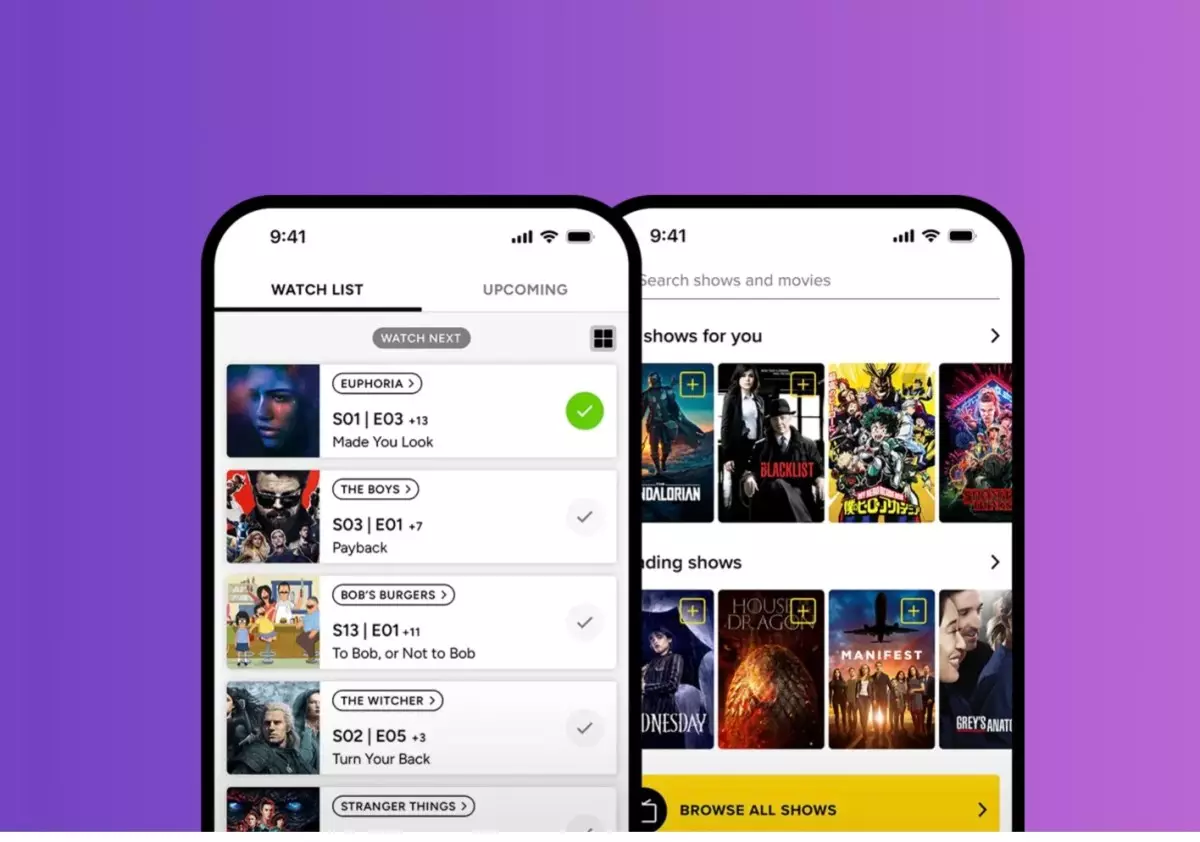With the rise of mobile applications that help users track their entertainment content, TV Time stands out as a significant player in the industry. Catering to over 30 million registered users, this app has transformed the mundane act of watching television into a social and interactive experience. Yet, its removal from Apple’s App Store for several weeks raised eyebrows and led to heightened concerns among its dedicated user base. The drama surrounding TV Time’s disappearance offers essential insights into the challenges app developers face in the evolving digital landscape.
TV Time serves as more than just a tracking tool; it enables robust engagement through social features that allow users to comment on episodes, vote for their favorite characters, and share media. The app’s utility has cultivated a community where over 2.5 million active users per month find content to view and share their experiences. Hence, when it went missing from the App Store, the shockwave was palpable. Fans took to social media in droves, expressing their concerns and hoping for updates on the app’s status.
On November 1, the company acknowledged the situation through a post on X, informing users of their communications with Apple to restore the app as quickly as possible. However, the lack of details regarding the root cause left many users in the dark, worrying about the longevity of a service they have grown to rely upon. The silence from both TV Time and Apple sparked discussions about the fragility of digital platforms in the face of bureaucratic disputes, especially for apps fashioned around intellectual property that resides in a convoluted legal realm.
The saga took a turn when TechCrunch investigated the motives behind the removal. It turned out that the problem stemmed from an intellectual property (IP) issue surrounding user-uploaded cover art. The problems escalated when a third party issued a takedown notice through the Digital Millennium Copyright Act (DMCA), claiming copyright infringement.
What ensued was a back-and-forth over proof of ownership. TV Time’s parent company, Whip Media, complied with the DMCA, requesting documentation that the complainant failed to provide. The absence of evidence did not prevent the complainant from demanding a financial settlement, which Whip Media deemed unreasonable. Consequently, the complainant reported to Apple that the matter remained “unresolved,” prompting the App Store to take significant action.
This episode highlights a critical issue: the power dynamics between app developers and platform holders like Apple. Whip Media’s Chief Marketing Officer, Jerry Inman, expressed concern over Apple’s unilateral decisions based on claims that lacked substantial proof. It raises questions about the fairness of Apple’s policies and whether they inhibit innovation and competition in the app marketplace.
After TechCrunch’s inquiries, the reappearance of TV Time on the App Store followed swiftly, indicating that the dispute had been amicably resolved. Users were relieved, yet the incident remains a cautionary tale about the fragility of app availability. The importance of solid legal frameworks and transparent communication cannot be overstated for both developers and consumers alike.
While the app was in limbo on the App Store, loyal users were still able to engage with it via Android and its web platform. This alternative access underscores the need for multi-platform strategies to mitigate risks associated with single-platform reliance. The necessity for app developers to diversify their availability may have never seemed more crucial than in this instance.
With 7.4 million installs on iOS alone since 2017, TV Time has demonstrated resilience and user loyalty. However, this incident shines a light on broader issues in the tech industry surrounding the balance of power, intellectual property rights, and the responsibilities that platform providers hold towards both their clientele and third-party developers. As TV Time navigates this incident, it could set a precedent for how similar apps prepare for potential legal hurdles in the future.
The drama surrounding TV Time’s removal demonstrates the broader implications for app developers navigating a digital landscape fraught with potential pitfalls. Companies must adopt proactive strategies, including seeking legal clarity for user-generated content and understanding the power dynamics at play with platform providers. As the app ecosystem continues to evolve, staying informed and agile is paramount for success. For consumers, the whole episode serves as a reminder to engage with applications that not only offer excellent service but also advocate for their rights within these complex commercial relationships. Ultimately, as the app world remains vibrant and competitive, ongoing dialogues about power, responsibility, and fairness seeking can guide the future of digital interactions between users and developers.

